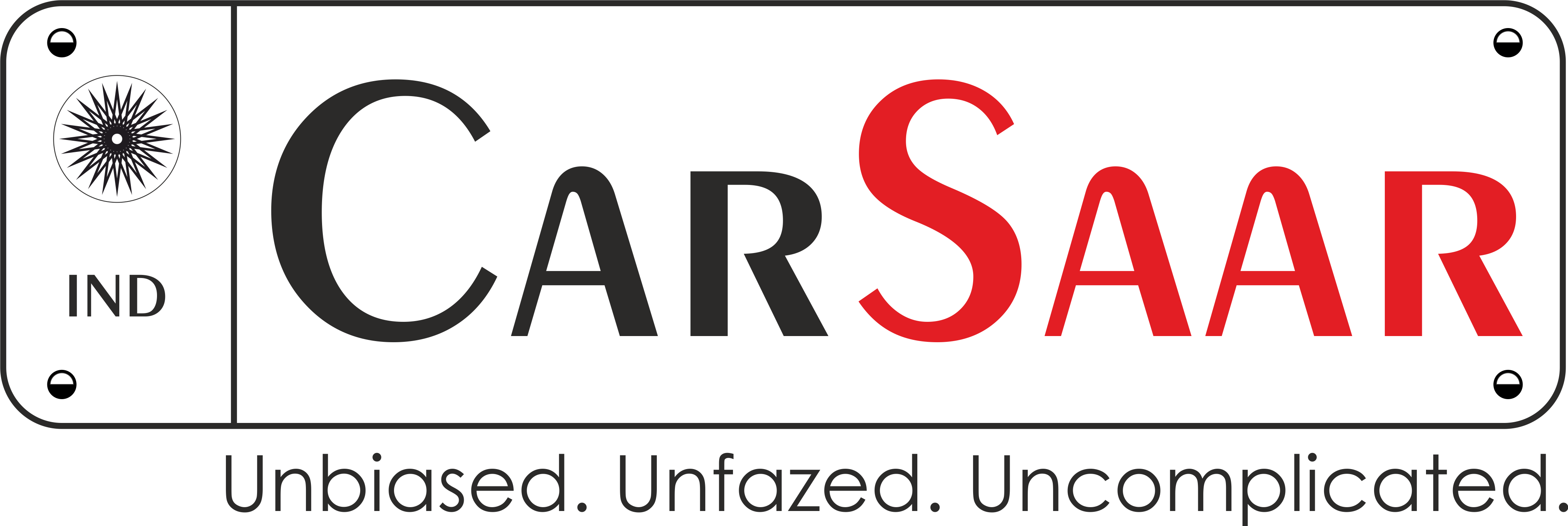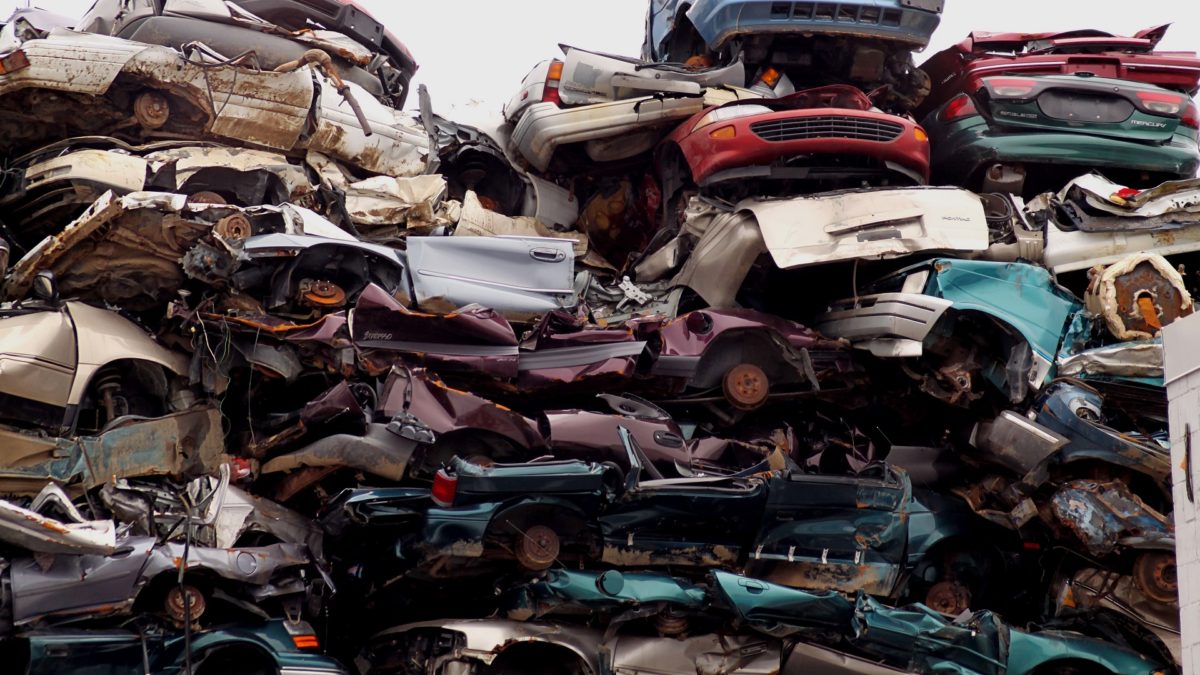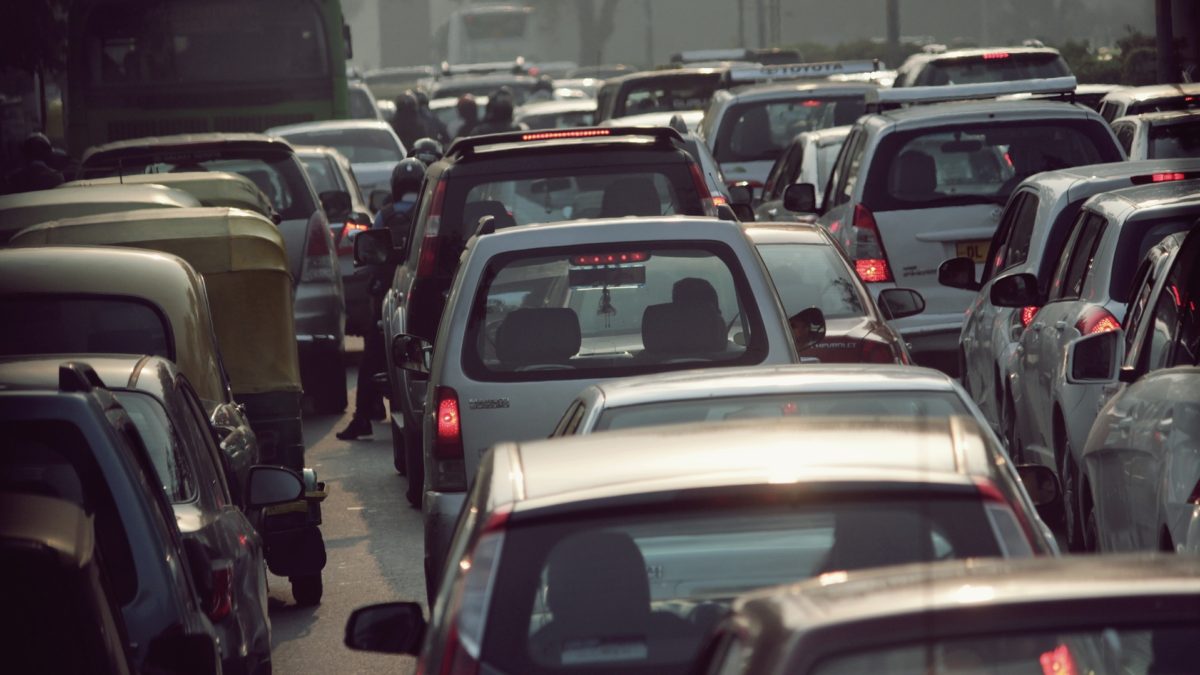Here’s All You Need To Know About The Amended Motor Vehicle Bill
Note to readers:
Proceed with caution. This one is a long, slightly boring read. But we’ll try and make it as crisp as possible. All we ask in return is your patience. And, all amounts of feedbacks/suggestions/appreciations/criticisms are always welcome. Right then, let’s get on with it.
Preface:
Amendments in the Central Motor Vehicle Rules were on the cards for long. But it only gained the anticipated forward propulsion a few months ago. Fast forward to July 2019 and the changes proposed were passed by the Lok Sabha and, a week later, the Rajya Sabha. Because of a misprinted bill presented in the higher house, the final draft will have to get a go-ahead from Lok Sabha again. It will then be presented in the Rajya Sabha and, if approved, will be sent to the President for the final okay.
On the whole, the amendments revolve around improvement of road safety, facilitate citizens in their dealings with transport departments, and strengthen rural transport, public transport and last-mile connectivity through automation, computerisation and online services.
Road Safety
In India, literally lakhs of people lose their lives in road accidents every year. To reignite some fear in people who constantly violate traffic rules and put others’ lives at risk, the Amended Motor Vehicle Bill has proposed increased penalties for offenders. And, the central government might increase the penalties on an annual basis by up to 10 per cent. Take a look: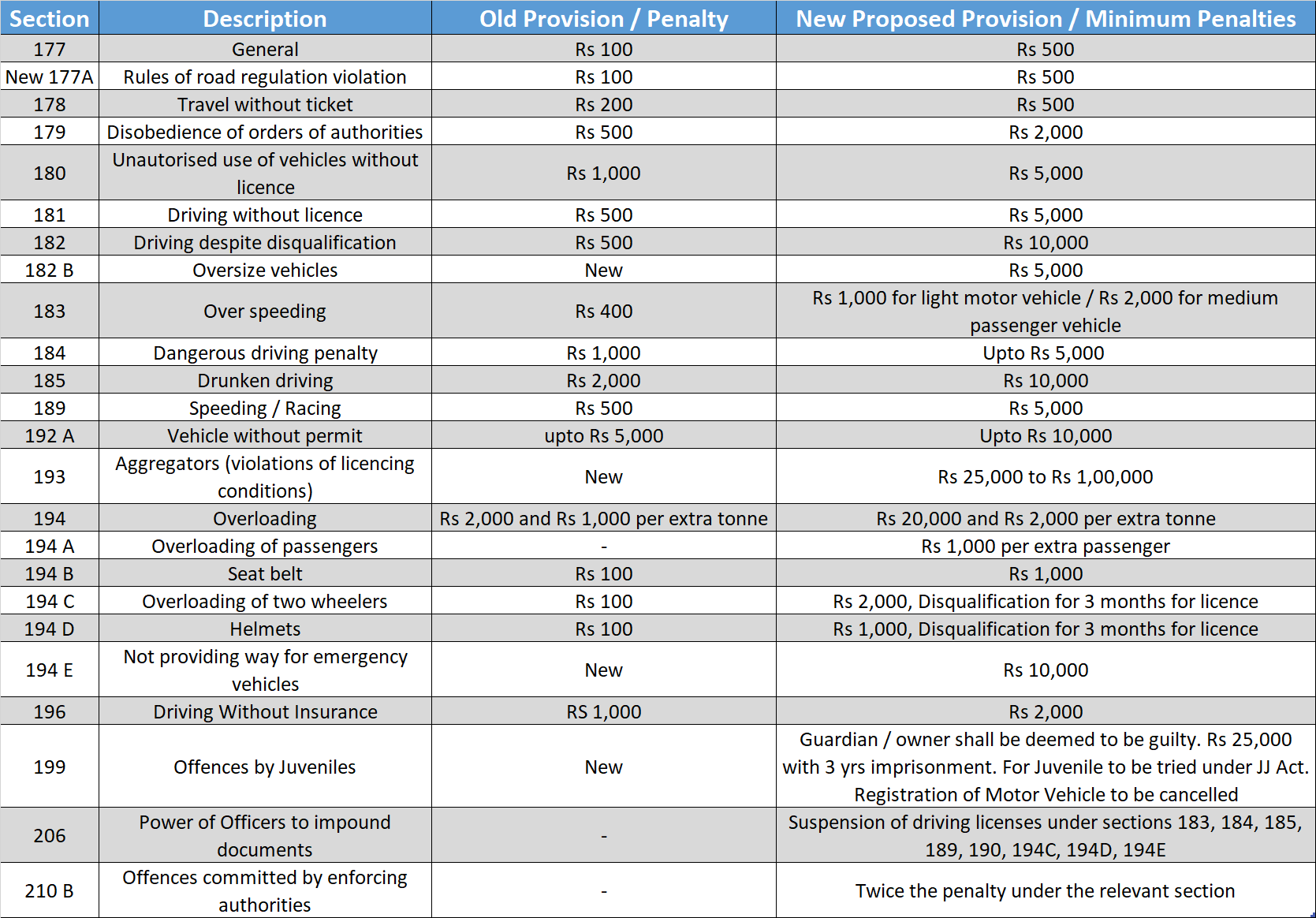 Vehicle Fitness
Vehicle Fitness
It has to be a mandatory and automated process. The entire process of testing and certification for automobiles will be carried out by authorised agencies, which have also been brought under the realm of the Act. Standards which need to be met will be set for motor vehicle testing institutes. Any deliberate violation of safety/environmental regulations as well as by body builders and spare part suppliers will attract penalties.
Vehicle Recall
The amended bill enables the central government to order a vehicle recall if a defect in the vehicle could cause damage to the occupants, environment or other road users. In such an event, the manufacturer of the recalled vehicle will be required to:
- Reimburse the buyers for the full cost of the vehicle, or
- Replace the defective vehicle with another one with similar or better specifications.
Good Samaritan Guidelines
We’ve been injected with this vital information every now and again – no governing authority or medical facility can harass a person who has helped a road accident victim. And still, most seem hesitant in helping those in need of assistance on an emergency basis. The amended Motor Vehicle Bill has roped-in guidelines for Good Samaritans under its ambit. As per the Bill, a Good Samaritan is a person who renders emergency medical or non-medical assistance to a victim at the scene of an accident and provides rules to prevent harassment of such a person.
And, the bill provides for a scheme for cashless treatment of road accident victims during golden hour.
Third-Party Insurance
Given below are the proposed changes:
- A driver’s attendant included in third-party insurance
- No cap on liability of insurers and a simplified claims process
- Insurance compensation increased by 10 times – from Rs 50,000 to Rs 5 lakh
- For hit-and-run cases, minimum compensation has been increased from Rs 25,00 to Rs 2 lakh in case of death, and from Rs 12,500 to Rs 50,000 in case of grievous injury
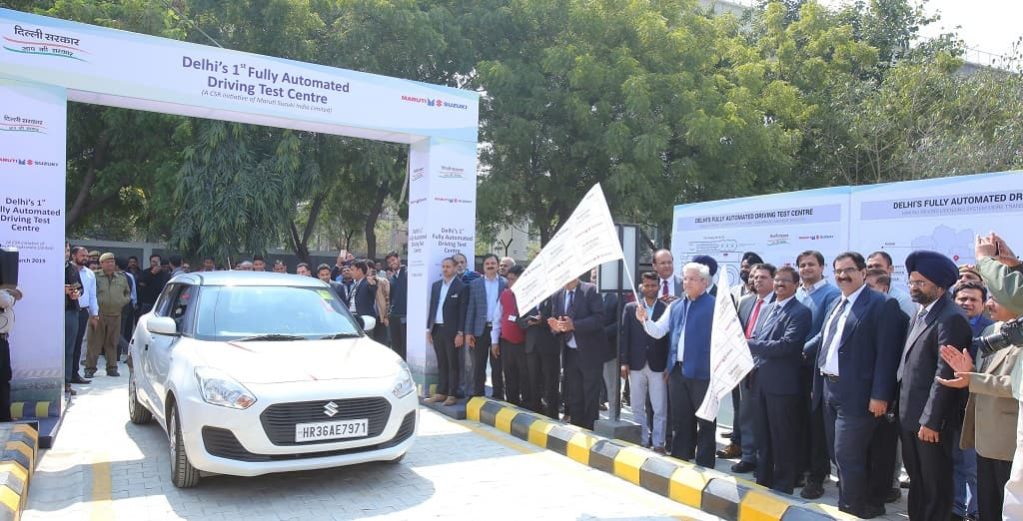 Other Proposed Services
Other Proposed Services
A provision for online driving licenses is part of the amended Bill. To eliminate the possibility of fake driving licenses, applicants seeking a new or renewed driving license can book for a test using their Aadhar Card. Commercial licenses will be valid up to five years (up from three) and for those who want to renew can book an appointment one year prior or after the licence lapses. For better training, more driving training schools will be set up across India.
Apart from that, the Bill also proposes a simpler vehicle registration process. Buyers may register their vehicle anywhere in the state and the process of registration will be carried out by dealers. The transport authorities can physically inspect the vehicles at the dealer’s end as well.
The centralised National Register using “Vahan” and “Sarathi” platforms will enable easier transfer of a vehicle from one city to another and the stolen vehicles will not get registered. Lastly, the Bill proposes to create a Road Safety Board to better protect people on the move; a Motor Vehicle Accident Fund which will financially help road accident victims; and a National Transportation Policy to improve the transportation system end-to-end.

